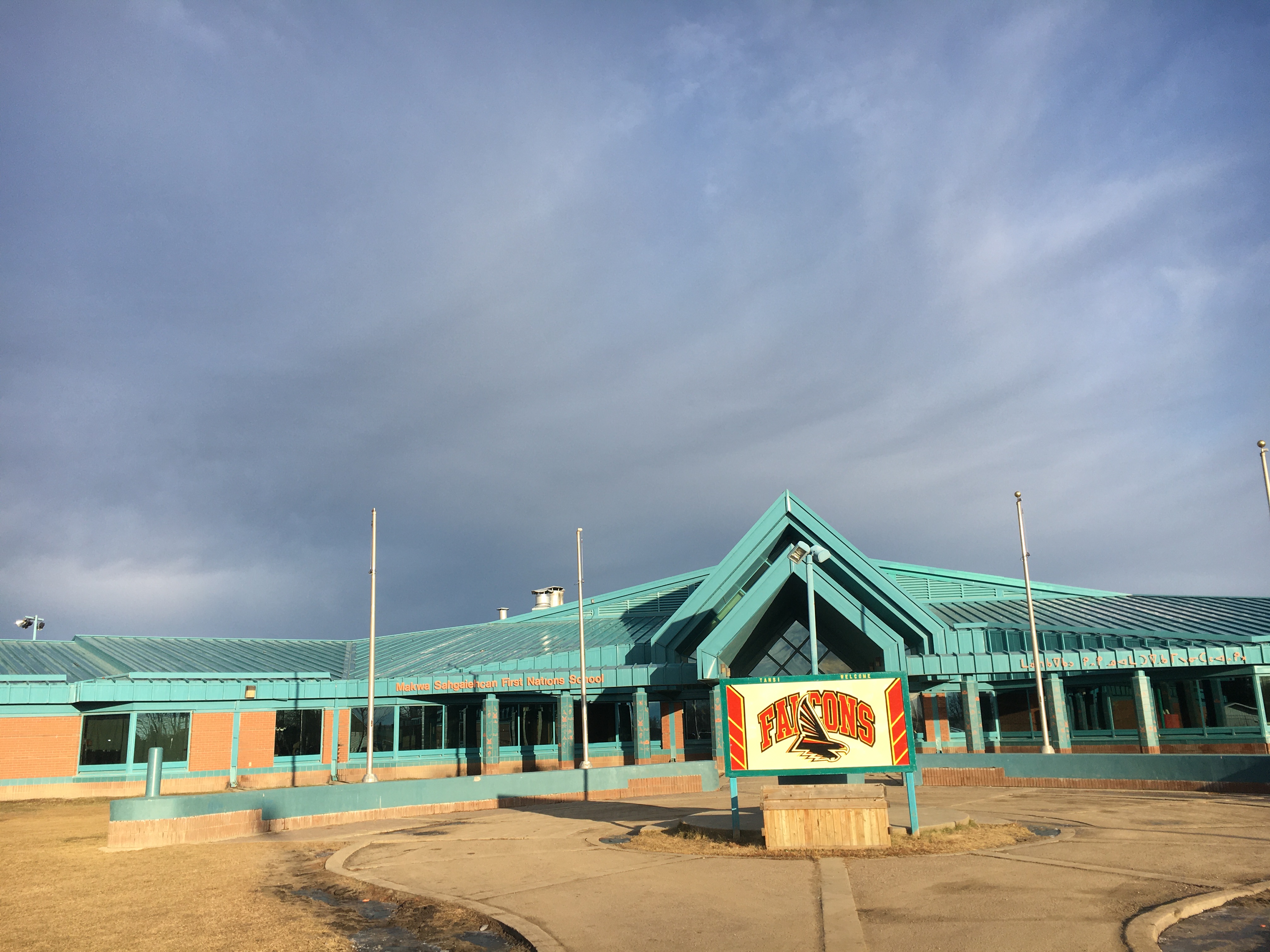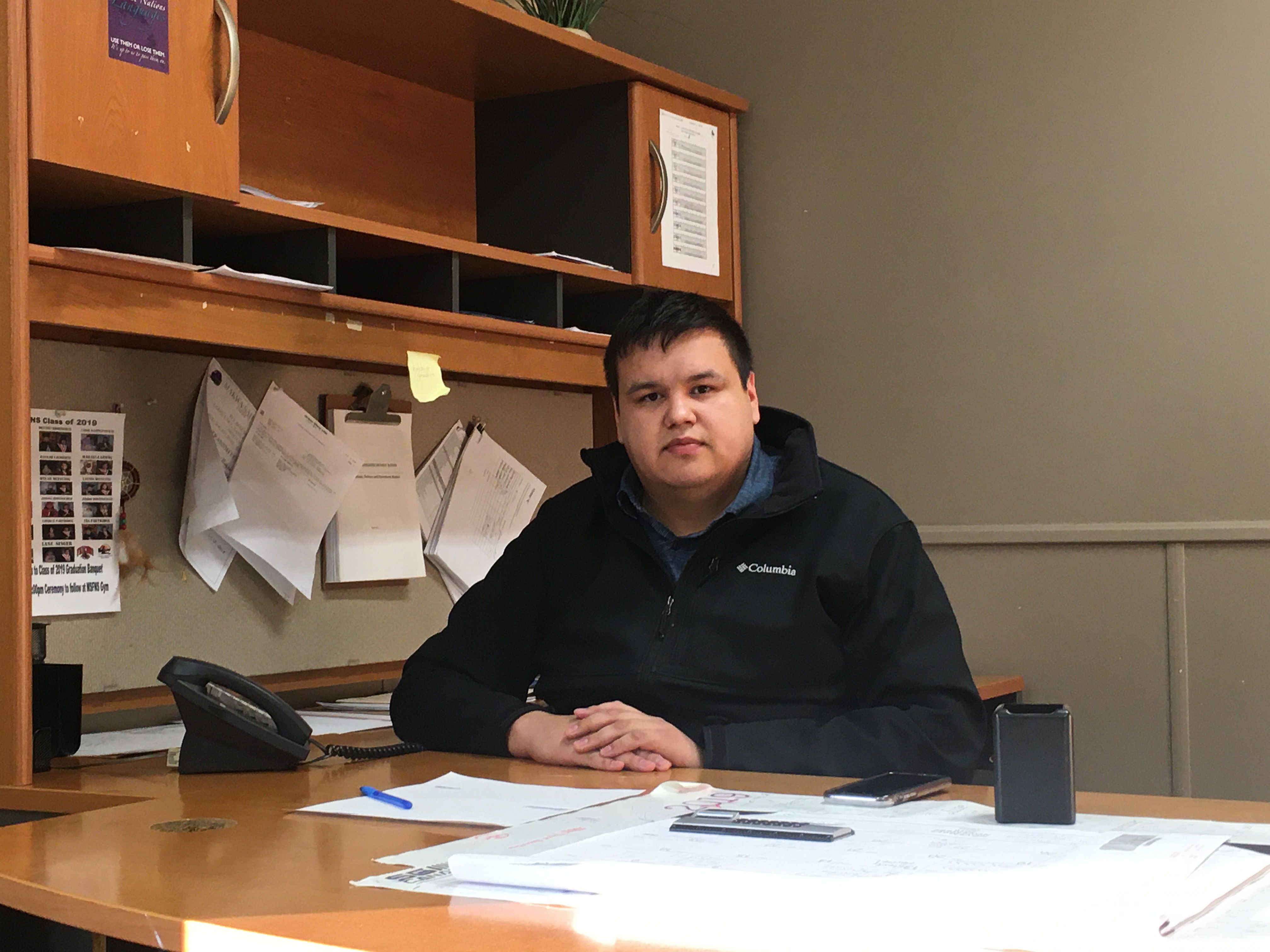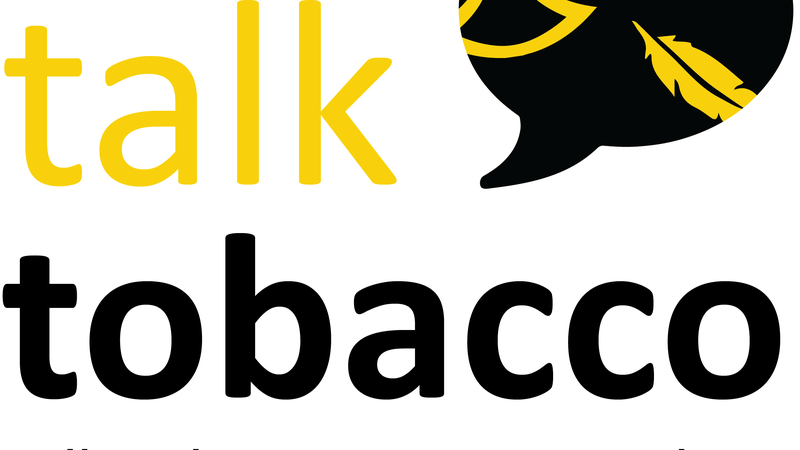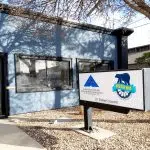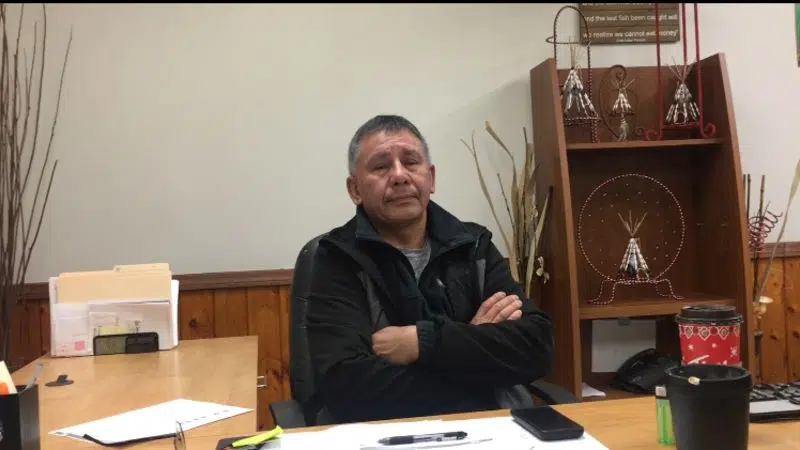
Local First Nations residents continue to suffer from generational trauma
Community leaders at Makwa Sahgaiehcan First Nation are sharing their devastation in the midst of what they are calling a suicide crisis.
Among all nine First Nations within Meadow Lake Tribunal Council, the Makwa Sahgaiehcan community said it had the highest rate of suicide with seven deaths in the last three years. The latest and youngest victim is a 10-year-old girl who died this week.
“We need training on how to deal with suicidal kids. We don’t know what they’re thinking or what’s bothering them. They don’t tell anyone and I’m worried about copycatting,” Chief Ronald Mitsuing told meadowlakeNOW.


